Psychoeducation generally aims to translate complicated-sounding medical or scientific facts into a language that the layperson can understand. In this way, patients and their relatives should be able to assess exactly what, for example, diagnoses or therapy proposals are about.
What is psychoeducation?

The word education comes from the Latin language, educare means to be translated. It is meant to move patients from a state of inexperience and ignorance into a secure state of knowledge and to lead them out. Psychoeducation also sees itself as a guide to self-help, correct self-assessment and encourages people to act independently.
In everyday clinical practice, outpatient and inpatient, the high demands of psychoeducation can unfortunately not always be adequately implemented. Psychoeducation does not appear in medical studies to this day, or only marginally, and so patients with certain life-changing diagnoses often feel helpless and left alone.
In the healthcare sector, however, there is now a rethinking, which, according to experts, also has to do with the passing of the so-called patient rights law. Only those who, as patients, have a precise understanding of the nature of an illness can make decisions on their own responsibility or understand the necessary treatment steps by the doctor. Psychoeducation aims to enable patients from all medical disciplines to really understand, with regard to diagnosis, treatment planning and coping with illnesses. A lot of time has to be invested in this process.
Function, effect & goals
The essence of psychoeducation is a therapeutically guided accompaniment of patients and possibly also their relatives on the way to more knowledge and specialist knowledge about their own illness. Necessary treatment measures for certain illnesses or self-help strategies are also part of the accompanying process of psycho-education, which usually extends over a longer period of time.
Psychoeducation should ideally be holistic and allow you to look beyond your own illness. Only in very few clinics do their own trained psychoeducators take care of the legitimate concerns of the patients. However, patients should not be afraid to aggressively request the necessary information about the nature and treatment options of their illness. A good psycho-educational process is only considered to be over when the patient is, so to speak, an expert on his own illness and has acquired expert knowledge about it.
In medical parlance, the term psychoeducation only appeared more and more in the 1980s. It is an Anglicism, so the term was adopted from English and has since facilitated the international scientific exchange on the subject. For the first time, an in-depth form of psychoeducation was used in psychiatry, because it is precisely the psychotic or psychiatric disease patterns that were not properly understood by the patients in their massive effects on life.
From this purely psychiatric psychoeducation, it was then extended to other medical areas, so that today we are also talking about internal or orthopedic psychoeducation, for example. In the clinical area, patients nowadays often encounter psychoeducational groups, but often under completely different names. Psychoeducation is often hidden behind groups of relatives, psychosis groups or information groups on specific clinical pictures. Self-help groups under professional guidance and guidance also very often use psycho-educational elements to cope with illnesses and for a better understanding of clinical pictures.
Pycho-education can therefore take place as a group meeting, but this is not absolutely necessary, because there are different forms of psycho-education. The psychoeducational one-on-one interview is certainly the most common form. The therapist tries to explain certain forms of therapy or the background of a disease to a patient or their relatives in the most understandable and descriptive way possible. A question time can and should arise during the psycho-educational process; it should expressly not be just a lecture or even a monologue by the therapist. Psychoeducation in the group has often proven to be extremely helpful, because patients often share the same fate of a certain illness and can also exchange ideas with one another. This can support the recovery process and help to better cope with future crisis situations.
You can find your medication here
➔ Medicines against concentration disordersRisks & special features
Psychoeducation is particularly helpful when illnesses are particularly psychologically stressful. These can be psychiatric diseases but also physical diseases such as diabetes, tinnitus, neurodermatitis, asthma or cancer, which in turn affect the psyche. However, participation in a psycho-educational group is not suitable for all patients. If thinking ability, concentration or attention are restricted in the context of an acute schizophrenic psychosis, then psychoeducation could even worsen the clinical picture.
Overtaxed, manic or very anxious patients cannot receive psycho-educational counseling either. In these cases, where patients themselves cannot be reached through education, it has proven useful to train relatives accordingly.Because relatives have an important domestic support function, if they have good psychoeducational guidance, the risk of relapse from mental illness can often be significantly reduced. Ideally, relatives receive psycho-educational training as co-therapists before a mentally ill patient is discharged. The long-term goal of any psychoeducation must be to inform and instruct patients so well that complaints can be correctly assigned in good time and that, over the years, they learn to deal with a chronic illness better and better.

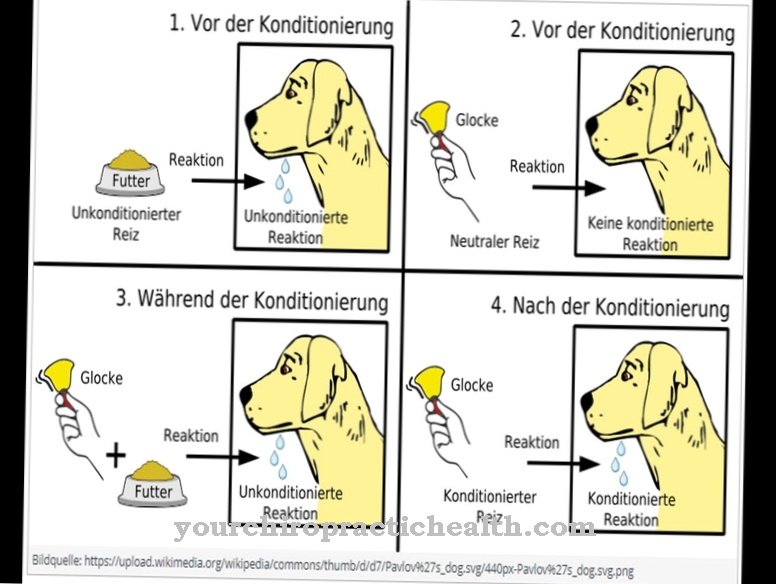
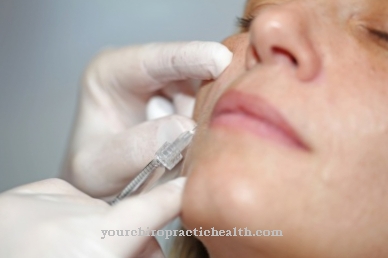
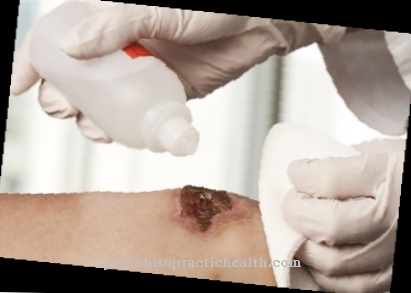
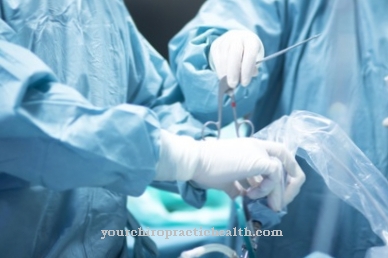
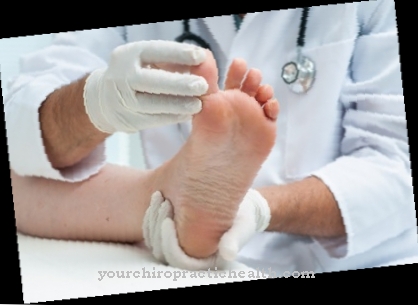






.jpg)



.jpg)










.jpg)
